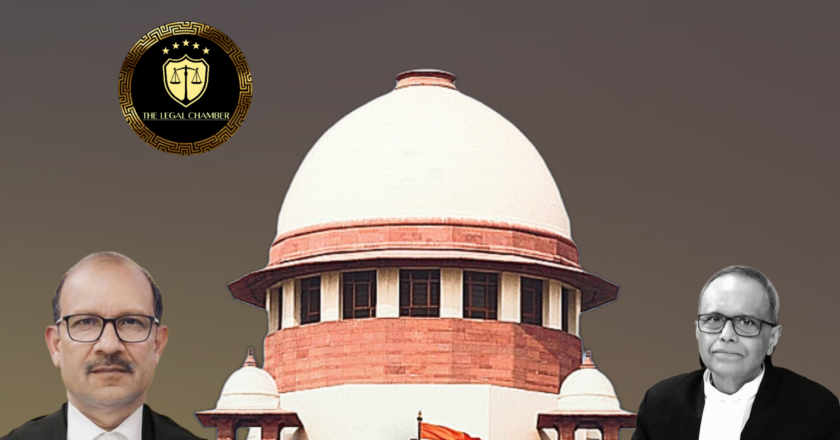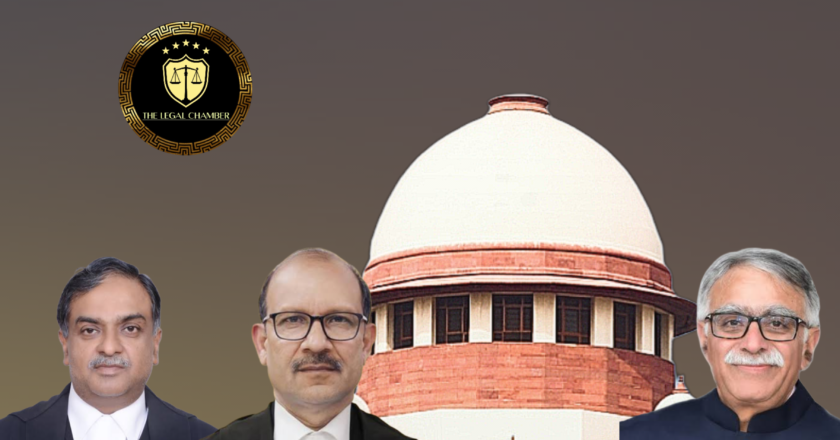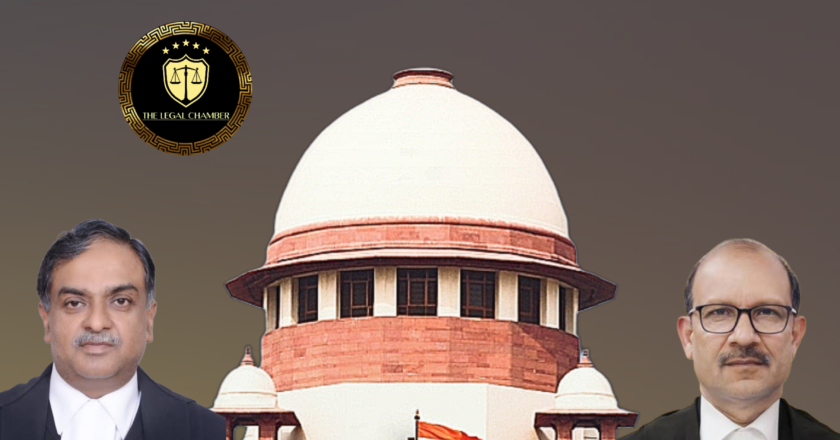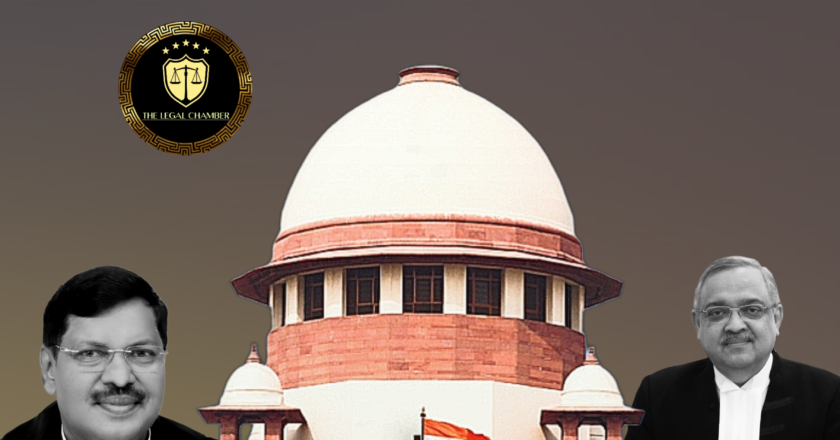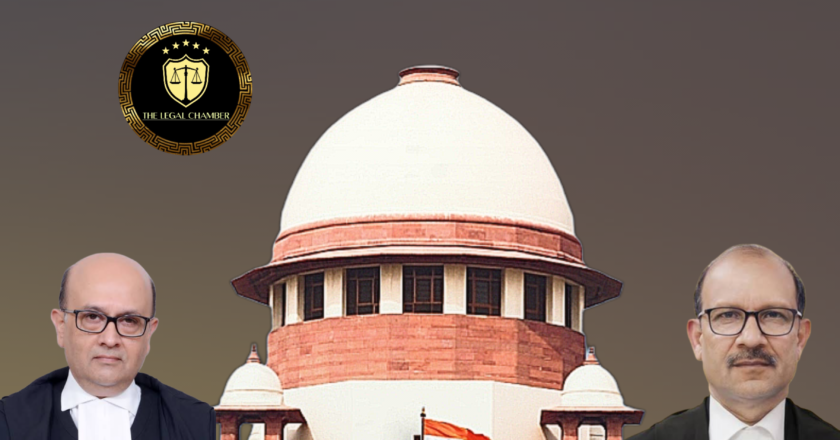Property Dispute & Unreliable Witnesses: Why Supreme Court Threw Out a Murder Conviction
This Supreme Court judgment underscores the stringent standards for convicting based on circumstantial evidence, as established in Sharad Birdhichand Sarda. The Supreme Court found the prosecution failed to conclusively prove homicide, motive, or the appellant's exclusive residence with the deceased. The recovery evidence was discredited, and the medical testimony created reasonable doubt, leading to acquittal.
Facts Of The Case:
The case involves the death of Sunanda (also known as Nanda Gitte) in Talani village. On July 22, 2010, police received information about a doubtful death and found Sunanda's body about to be cremated in an open field. The police intervention halted the rites, and upon inspection, they found a strangulation mark on her neck and an injury on the back of her s...


